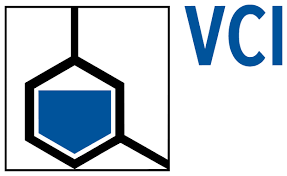Chemycal has been acquired by 3E
Learn MoreChemycal has been acquired by 3E
Learn MoreDiscover how Chemycal PRO helps you boosting your regulatory monitoring:

The EU Commission published its "Chemicals Strategy for Sustainability" in October 2020. With numerous measures for health and environmental protection, the strategy is part of the Green Deal.
Its implementation will have far-reaching consequences: The European chemicals regulation REACH (Registration, Evaluation, Authorisation and Restriction of Chemicals), the CLP regulation (Regulation on Classification, Labelling and Packaging of Substances and Mixtures) and many other rules and regulations are to be amended and tightened. Legislation on cosmetics, food contact materials, detergents, environmental protection and occupational health and safety is planned too.
Sight is being lost of safe use
The chemicals strategy is shaped by the precautionary principle and a regulatory approach which is very much based on the hazardous properties of chemicals and does not give attention to the conditions of safe use which is possible all the same. The EU Commission is planning new data requirements, use restrictions and comprehensive regulation of groups of substances with certain properties (e.g. persistence, mobility, endocrine disrupters). A legislative proposal to amend REACH is expected for 2022. In future, restrictions on chemicals in consumer products and possibly also in professional uses are to be imposed quite often in a fast-track procedure without prior risk assessment and consultation with manufacturers. Certain polymers are to become subject to registration. The introduction of an assessment factor for potential combination effects of substances is also being examined.
Several new hazard classes are to be introduced under CLP, partly irrespective of whether there are real hazard characteristics. The Chemicals Strategy also introduces new terms such as "safe and sustainable chemicals", "substances of concern" or "essential uses". Here, clear definitions are needed that take into account the practical implications.
Should the Chemicals Strategy be implemented without change, the number of available chemicals in Europe will decrease significantly. At the same time, compliance costs will rise sharply. In order to prevent this, the VCI contributes concrete proposals for improvement, e.g. for restriction and authorisation procedures and in the coordination of the evaluation work on substances between EU agencies, research funding and legal enforcement.
CONTINUE READING ON www.vci.de
2013 © MyChemicalMonitoring. ALL Rights Reserved. About Us | Terms and Conditions